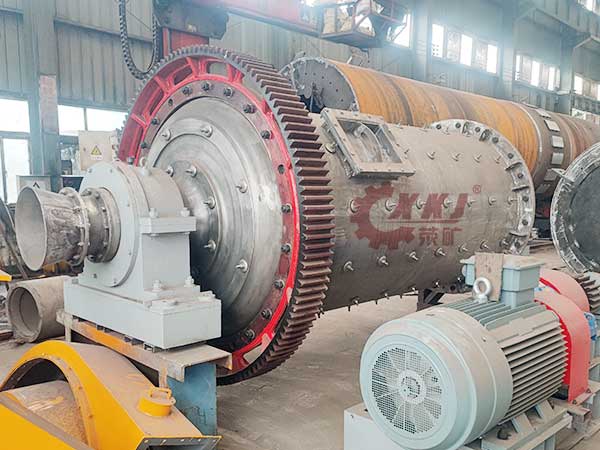Product FAQ
What materials can stainless steel ball mills process?
Stainless steel ball mills, due to their corrosion resistance, high strength, and high hygienic standards, have become the preferred equipment for processing specific materials in various industrial sectors. Their core advantages lie in the tolerance of stainless steel materials like 316L to acidic and alkaline environments (pH 2-12) and their impact resistance (elastic modulus ≥ 200 GPa), enabling them to process materials susceptible to corrosion by traditional carbon steel equipment. For example, in the chemical industry, stainless steel ball mills can prevent metal contamination and ensure product purity for chlorine- or sulfur-containing compounds such as catalyst carriers and pharmaceutical intermediates. In the mining industry, stainless steel ball mills are particularly suitable for processing sulfur-containing ores such as copper and molybdenum. Their wear-resistant liners offer a lifespan of over 8,000 hours, significantly reducing maintenance costs.

Notably, stainless steel ball mills are less adaptable to high-hardness materials (Mohs hardness > 7) and require tungsten carbide grinding media for improved efficiency. In specific applications, stainless steel ball mills demonstrate irreplaceable advantages. For example, in the preparation of lithium battery positive electrode materials (such as LiCoO₂), the grinding process must avoid contamination from metallic impurities such as iron and chromium. Alumina-lined stainless steel ball mills can control metal content to <50 ppm, a 90% reduction compared to traditional equipment. In the hydrometallurgical field, this equipment efficiently processes ore slurries containing acidic leachates. The corrosion resistance of the 316L material withstands strong acid environments with a pH of 2-4 while preventing the dissolution of metals such as copper ions. For high-purity electronic materials (such as silicon powder), fully enclosed stainless steel ball mills with argon protection can reduce Fe content to <1 ppm, meeting semiconductor-grade standards. However, it is important to note that when processing high-viscosity materials (such as epoxy resin), a conical grinding chamber design is recommended to improve dispersion efficiency, and regular cleaning of dead corners is essential to prevent agglomeration.
Categories
News
Contact Us
Contact: XKJ GROUP
Phone: 0086 138 3714 0277
Tel: 0371-65751333
E-mail: sales01@xkjgroup.com
Add: Xing yang city, Zheng zhou city, Henan province, China